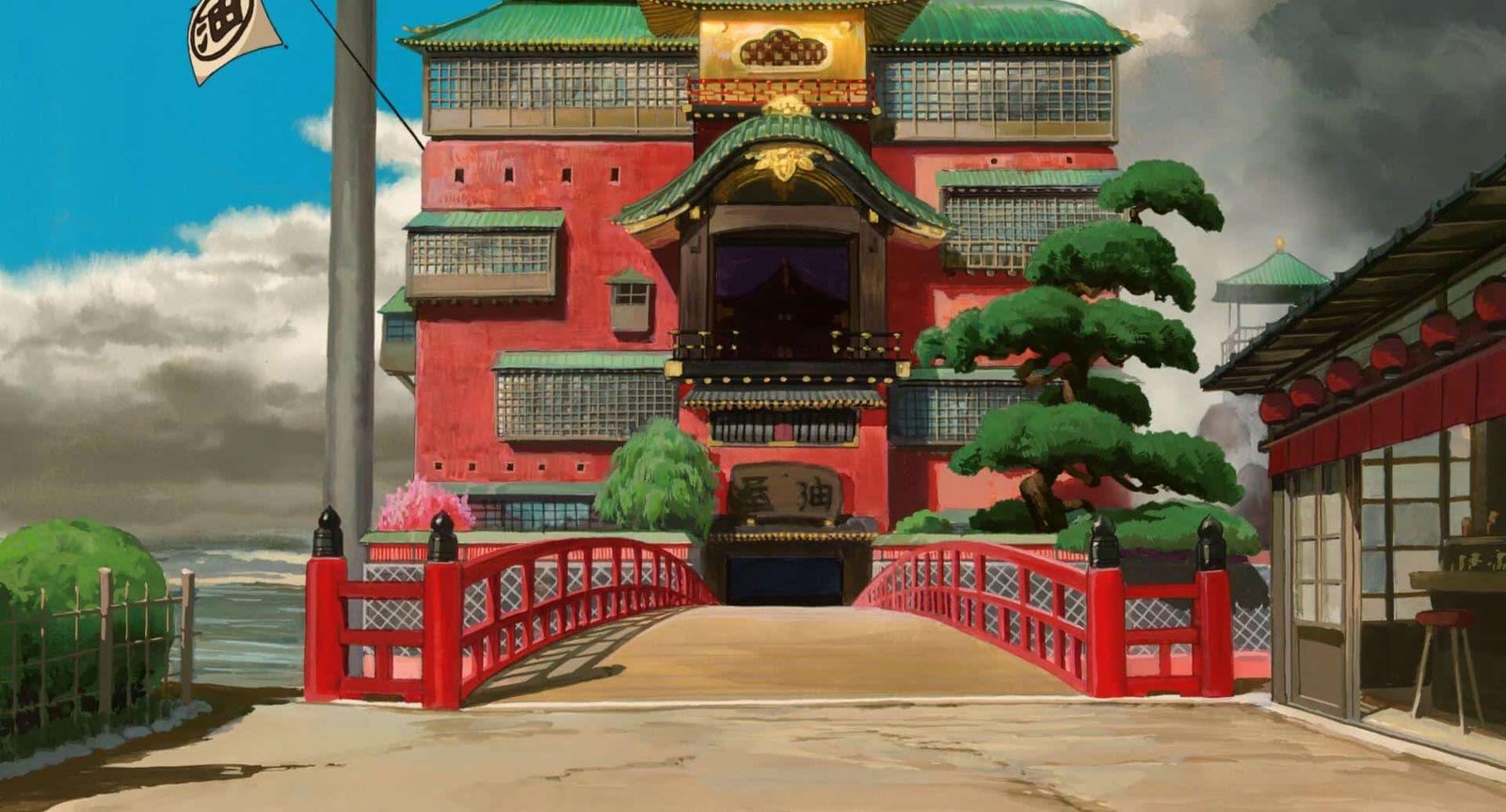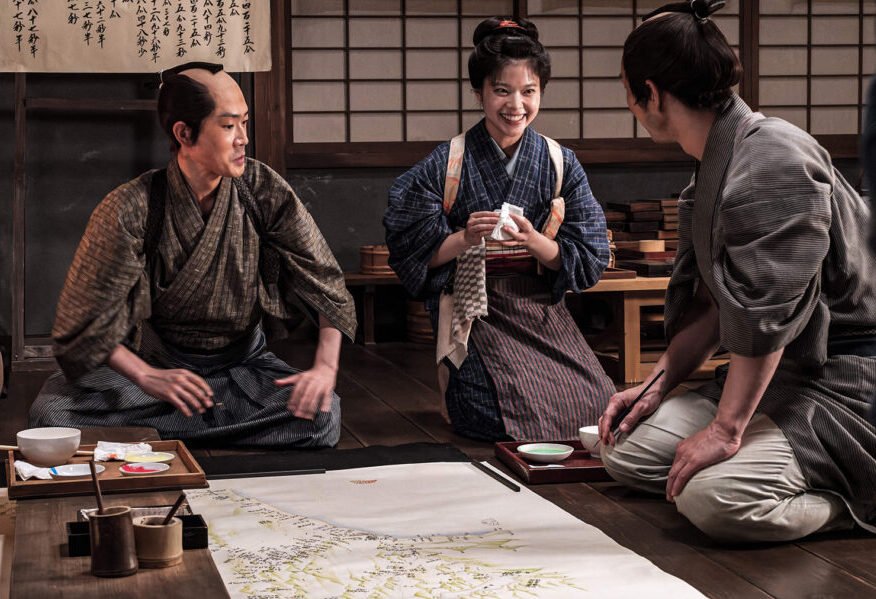Japan’s film industry has produced some of the most iconic films and directors in cinematic history. From the timeless works of Akira Kurosawa to the groundbreaking anime of Hayao Miyazaki, Japanese cinema has long captivated audiences across the globe. A journey through Japanese cinema, especially via its vibrant film festivals, offers a unique glimpse into the nation’s rich storytelling traditions, evolving social commentary, and artistic innovation. Here’s how these festivals celebrate Japanese cinema and take viewers on a memorable journey.
The Heart of Japanese Cinema: Tokyo International Film Festival (TIFF)
The Tokyo International Film Festival (TIFF) stands as Japan’s most prestigious film event and a focal point for anyone looking to embark on a cinematic journey through Japan. Held annually in October, TIFF showcases the best of Japanese and international cinema, offering an array of genres and styles.
What sets TIFF apart is its wide-ranging selection of films—from classic samurai films to cutting-edge indie projects. It also highlights anime, one of Japan’s most celebrated cultural exports. With international attendees, TIFF is a melting pot of ideas and storytelling techniques, allowing global audiences to discover the depth and diversity of Japanese cinema.
Kyoto International Film and Art Festival: Tradition Meets Modernity
For a more intimate dive into the intersection of film and traditional Japanese culture, the Kyoto International Film and Art Festival is a must-visit. Held in the historic city of Kyoto, this festival emphasizes the fusion of cinema with traditional Japanese arts, such as pottery, painting, and theater.
Here, audiences can enjoy films set against the backdrop of Japan’s ancient temples and streets, blending modern cinematic techniques with the timeless beauty of Kyoto. The festival often features films that explore Japanese heritage, making it a perfect stop for those interested in how cinema reflects and preserves cultural identity.
Anime Wonderland: The Impact of Film Festivals on Animation
Japan is known for its contributions to the world of animation, and film festivals have played a significant role in spreading its popularity. The Short Shorts Film Festival & Asia, for instance, dedicates a special section to anime, showcasing short films by both renowned and upcoming directors.
Through these festivals, audiences are introduced to the artistry and emotional depth of Japanese anime, which often addresses universal themes of identity, loss, and growth. The inclusion of anime in film festivals ensures that this unique genre continues to influence global cinema, captivating new generations of fans.
Yubari International Fantastic Film Festival: A Dive into Genre Cinema
If your journey through Japanese cinema includes a love for genre films, look no further than the Yubari International Fantastic Film Festival. Held in Hokkaido, this festival focuses on horror, fantasy, and science fiction, offering a blend of the strange and the surreal.
Yubari’s festival has a reputation for highlighting underground and cult films, making it a haven for those who appreciate unconventional storytelling. Through screenings and discussions, audiences can delve deep into Japan’s fascination with the macabre, discovering how these themes shape not only Japanese cinema but also influence international genre films.
The Legacy of Japanese Filmmakers: Retrospectives and Tributes
A key component of many Japanese film festivals is the celebration of Japan’s iconic filmmakers. Retrospectives on directors like Akira Kurosawa, Yasujirō Ozu, and Kenji Mizoguchi are common, giving audiences a chance to experience the cinematic masterpieces that have shaped global cinema. These tributes often include discussions and panels, offering insight into the directorial processes and influences of these legendary figures.
For film enthusiasts, these retrospectives offer an unparalleled opportunity to trace the evolution of Japanese cinema. From Kurosawa’s epic storytelling to Ozu’s intimate family dramas, each director brings a distinct voice that has left an indelible mark on world cinema.
Bridging Cultures: The Role of International Audiences
Japanese film festivals are not just about showcasing Japanese films; they also provide a space for cross-cultural exchange. International filmmakers often premiere their works alongside Japanese films, allowing for a rich dialogue between different storytelling traditions. Festivals like the Osaka Asian Film Festival are particularly dedicated to this cultural exchange, highlighting films from all over Asia and offering a platform for cross-border collaborations.
Through such interactions, Japanese cinema becomes part of a larger global conversation. Audiences from diverse backgrounds engage with the films, creating new interpretations and fostering a deeper understanding of Japanese culture.

Conclusion
A journey through Japanese cinema at film festivals offers more than just a lineup of movies—it’s an exploration of the country’s history, culture, and ongoing influence on global cinema. Whether you’re walking the red carpet at the Tokyo International Film Festival or enjoying genre films in snowy Yubari, each festival provides a unique opportunity to discover Japan’s rich cinematic heritage.
Through retrospectives, anime showcases, and cross-cultural collaborations, Japanese film festivals connect the past, present, and future of filmmaking, making them a must-experience for any cinema lover.









